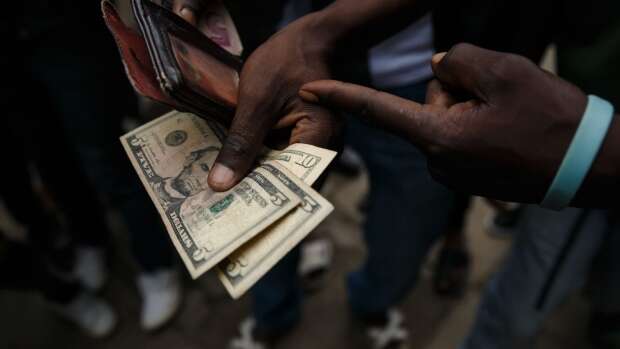Ghana’s national currency, the Cedi, has staged an impressive recovery over the first half of 2025.
After slipping to an alarming exchange rate of nearly GHS15.00 to the U.S. dollar in late 2024, the Cedi has since appreciated to GHS10.20 by the end of May. This surge has not gone unnoticed, prompting the Trade, Industry and Tourism Committee of Parliament to issue a clarion call to the Bank of Ghana (BoG): safeguard the momentum and tighten oversight of foreign exchange movements.
The Committee’s intervention reflects growing optimism among policymakers that a more stable currency could ease inflationary pressures and provide businesses with greater predictability for planning and trade. Yet, the rebound is also a reminder that currency gains are fragile without consistent and proactive management.
Analysts point to several key drivers behind the Cedi’s strengthening. Notably, improved performance in traditional exports—including cocoa, gold, and oil—has buoyed foreign exchange earnings. Export volumes have recovered in tandem with favorable global commodity prices, injecting much-needed liquidity into Ghana’s financial system.
Equally significant has been the surge in remittance inflows from Ghanaians abroad. Between January and May 2025 alone, remittances rose by over 25% compared to the same period in 2024. These inflows have helped narrow the country’s current account deficit and supported the Bank of Ghana’s interventions in the forex market.
Chairman of the Committee, Alexander Roosevelt, acknowledged these positive trends but cautioned against complacency. “The fact that the Cedi is gaining ground is very encouraging, but it can easily reverse if we fail to monitor how dollars flow in and out of the economy,” he warned.
The Call for Sustained Vigilance
The Committee’s appeal underscores the lingering concerns over exchange rate volatility that have long characterized Ghana’s financial sector. In prior years, unpredictable swings in the Cedi’s value contributed to sharp increases in the cost of imports, rising inflation, and challenges for businesses trying to project their cash flows.
Roosevelt emphasized that the period when the dollar could be easily accessed—fueling dollarisation—should not return. “We must track both international and local business trends to ensure that the dollar does not once again overwhelm the Cedi,” he said.
The Committee further recommended that the BoG ramp up data collection and analysis on forex inflows, tighten compliance among banks and forex bureaus, and explore innovative tools to stabilize the market during periods of stress.
The recovery of the Cedi has implications far beyond the currency markets. A stronger Cedi can help moderate import costs, ease pressures on domestic prices, and reduce the burden on government finances, particularly debt servicing obligations denominated in foreign currency.
For importers and exporters alike, the return to relative stability provides breathing space to negotiate contracts, plan inventories, and price goods more predictably. Meanwhile, ordinary Ghanaians could also benefit as the prices of imported staples, fuel, and medicines ease.
However, economic observers warn that such gains can evaporate without sustained discipline in fiscal and monetary management. Global headwinds—ranging from fluctuations in commodity prices to geopolitical tensions—continue to pose risks to Ghana’s external accounts and, by extension, its currency.
Bank of Ghana’s Response
The Bank of Ghana has so far welcomed Parliament’s recommendations and reiterated its commitment to monitoring forex markets closely. In a brief statement, the central bank said it has intensified surveillance mechanisms and maintained adequate reserves to intervene when necessary.
“We recognize the need for vigilance and will continue to implement measures that promote orderly forex market conditions,” the BoG noted.
These measures include tighter enforcement of regulations governing forex trading, targeted interventions to smooth out volatility, and efforts to bolster public confidence in the Cedi.
The coming months will reveal whether the Cedi’s resurgence marks the beginning of a sustained period of stability or merely a temporary respite. Policymakers, traders, and households alike will be watching closely as the BoG calibrates its interventions against evolving global and domestic trends.
READ ALSO: Calls Mount To Protect Judiciary Integrity Amid Martyrs Day Reflections

















